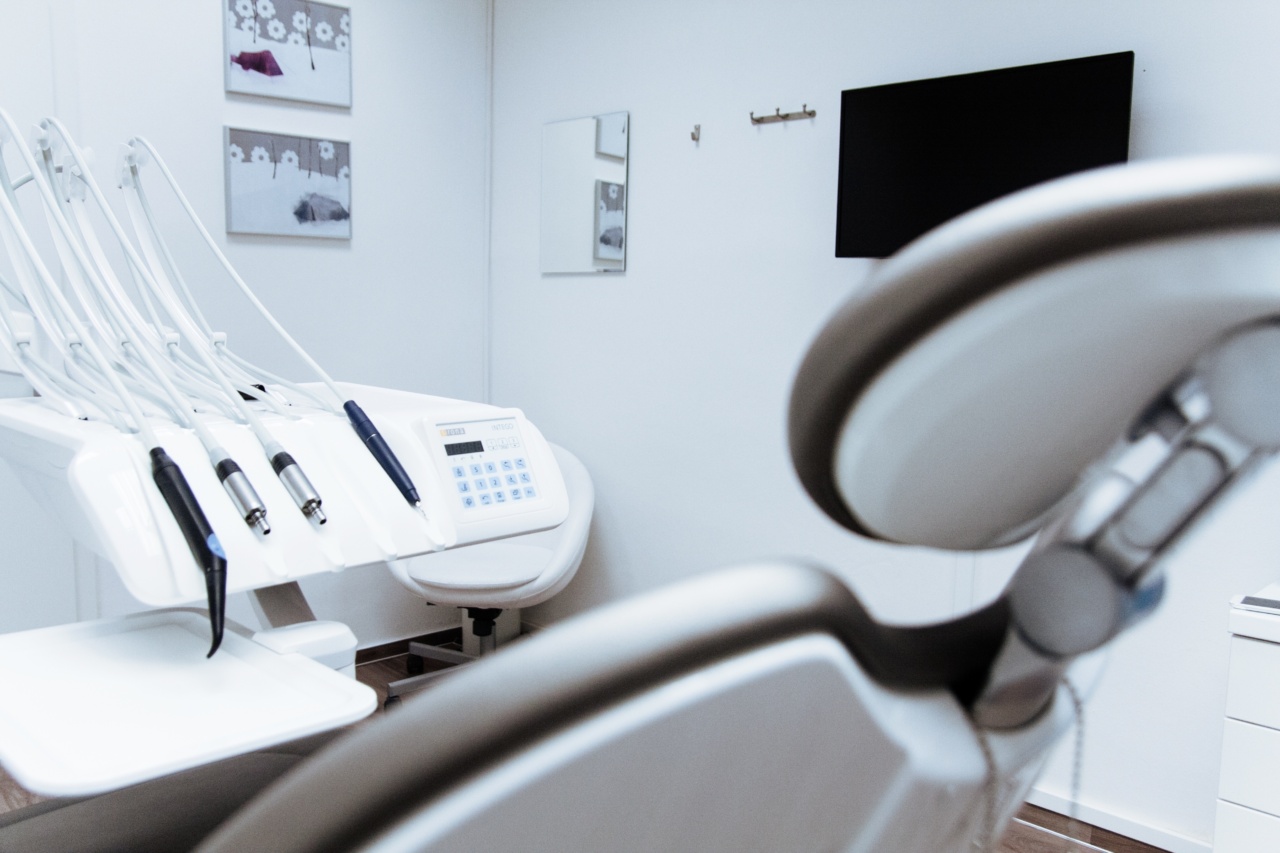Laryngopharyngeal reflux (LPR) is a condition that occurs when stomach acid flows back into the larynx and pharynx, causing irritation and inflammation.
It is often referred to as “silent reflux” because it doesn’t always have the typical symptoms of gastroesophageal reflux disease (GERD) such as heartburn. However, LPR can still have a significant impact on your health. In this article, we will explore the connection between LPR and various aspects of your well-being.
1. The Vocal Cords and Voice Quality
The larynx is home to your vocal cords, which play a crucial role in producing sound and enabling speech.
When LPR affects the larynx, it can lead to the swelling and irritation of the vocal cords, resulting in hoarseness, a change in voice quality, or vocal fatigue. Individuals who heavily rely on their voice, such as singers, teachers, or public speakers, may find their performance hindered due to LPR. It is essential to address LPR to maintain optimal vocal health.
2. Chronic Cough and Throat Irritation
LPR frequently causes throat irritation, leading to a persistent cough. This cough can be dry or accompanied by varying amounts of phlegm. The constant exposure to stomach acid irritates the delicate tissues of the throat, triggering the cough reflex.
If you experience a chronic cough that doesn’t seem to resolve, LPR might be the underlying cause. Treating LPR can effectively reduce or eliminate the annoying and discomforting cough.
3. Breathing Difficulties and Asthma
LPR can also affect the lower airways, leading to breathing difficulties and aggravating pre-existing respiratory conditions such as asthma.
Acid reflux can trigger bronchospasms, causing the airways to narrow and potentially leading to wheezing and shortness of breath. By managing LPR, individuals with asthma or other respiratory issues may experience an improvement in their breathing and a reduction in asthma symptoms.
4. Dental Health and Enamel Erosion
The acid from LPR can also have a detrimental impact on your dental health. When the acid reaches the mouth, it can erode the enamel, leading to tooth sensitivity and an increased risk of cavities.
It may be necessary to work closely with your dentist to mitigate the effects of acid reflux on your teeth and maintain good oral hygiene practices.
5. Sleep Disruptions and Sleep-Related Disorders
LPR can have a significant impact on your sleep quality. The discomfort and burning sensation caused by acid reflux can lead to sleep disturbances, such as difficulty falling asleep or waking up frequently during the night.
Additionally, individuals with LPR may be more prone to sleep-related disorders, such as sleep apnea or snoring. By effectively managing LPR, you can improve your sleep patterns and overall sleep quality.
6. Ear Problems and Eustachian Tube Dysfunction
The connection between LPR and ear problems is often overlooked. However, acid reflux can reach the middle ear through the eustachian tube, leading to inflammation and causing various ear-related issues.
These may include a feeling of fullness or pressure in the ears, ear pain, tinnitus (ringing in the ears), or even hearing loss. By addressing LPR, it is possible to alleviate and prevent potential ear problems.
7. Throat Ulcers and Granulomas
Prolonged acid exposure due to LPR can result in the development of ulcers or granulomas in the throat. These sores and growths are not only uncomfortable but can also affect the proper functioning of the larynx.
If left untreated, they may cause difficulties in swallowing, speaking, or even breathing. Treating LPR is crucial in preventing the formation and progression of these throat-related complications.
8. Sinusitis and Nasal Congestion
LPR can exacerbate existing sinusitis or lead to chronic nasal congestion. Stomach acid finding its way into the nasal cavity and sinuses can cause irritation and inflammation, resulting in a stuffy or runny nose.
By effectively managing LPR, individuals experiencing chronic sinus issues or nasal congestion may find relief and improved nasal health.
9. Mental Health and Quality of Life
Living with the discomfort and various symptoms of LPR can significantly impact an individual’s mental health and overall quality of life.
Chronic throat discomfort, vocal limitations, sleep disruptions, and difficulties with daily activities can lead to feelings of frustration, anxiety, or even social isolation. Seeking proper treatment for LPR is crucial not only for physical well-being but also for mental health and overall happiness.
10. Overall Digestive Health
Finally, it is important to consider the connection between LPR and overall digestive health.
LPR is often a result of a malfunctioning lower esophageal sphincter (LES), the muscle responsible for preventing stomach acid from flowing back into the esophagus. Persistent LPR may indicate underlying digestive issues that need attention, such as delayed gastric emptying or gastrointestinal motility disorders. By addressing LPR, you can potentially improve your overall digestive health.































